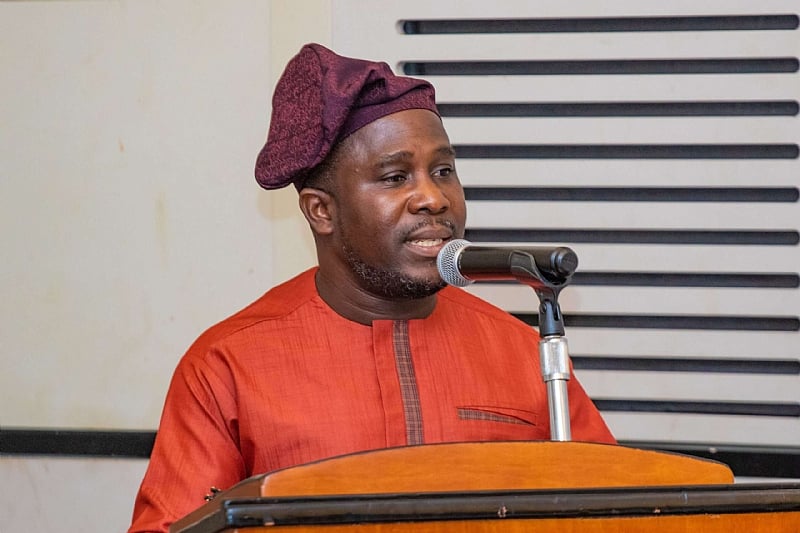Nana Amoasi VII, Executive Director of the Institute for Energy Security (IES), has called on the government to adopt a sustainable strategy to tackle the ongoing difficulties faced by the Electricity Company of Ghana (ECG), including opening the power sector to private investment.
This appeal follows the Ministry of Energy and Green Transition’s recent disclosure that the government urgently needs GHS 1.1 billion to purchase liquid fuel for power generation, with current reserves projected to last only 2.6 days.
During a meeting with the Parliamentary Energy Committee and key power sector agencies on May 15, Energy Minister John Abdulai Jinapor announced a new directive requiring all Ministries, Departments, and Agencies (MDAs) to allocate budgetary funds for their electricity consumption. He noted that while certain essential institutions will be exempt, “We want the MDAs to take responsibility for their electricity bills,” he stressed.
Speaking to Citi News about the crisis, Nana Amoasi VII highlighted the crucial role the private sector could play in addressing the deep-rooted inefficiencies within ECG.
“A private sector will introduce some form of funding to fix the challenges. Trust me, over the past five years, we have not made any significant investment into the ECG. So, you can’t trust the performance of the transformers, capacitors, lines, among others.
“All of these need some form of upgrade and change. So, they have an aged infrastructure which requires some form of investments which we have not had.
“Is the government having the capacity to introduce that funding?” he questioned.
However, the call for greater private sector involvement has been met with resistance from the Public Utilities Workers Union, which fears that such a move could push electricity costs higher for consumers.
Timothy Nyame, General Secretary of the union, voiced his concerns in an interview, challenging the logic of bringing in private firms to improve efficiency after placing management responsibilities within ECG leadership.
“When you appoint a managing director with a clear KPI, and then you later tell the director to wait, I am going to get the private sector to come in and manage the efficiency. Will that not be an insult to the managing director?” he asked.
As ECG grapples with financial strain and urgent operational challenges, the debate over how best to reform the company intensifies, underscoring the need for practical and sustainable solutions to maintain Ghana’s electricity supply.


